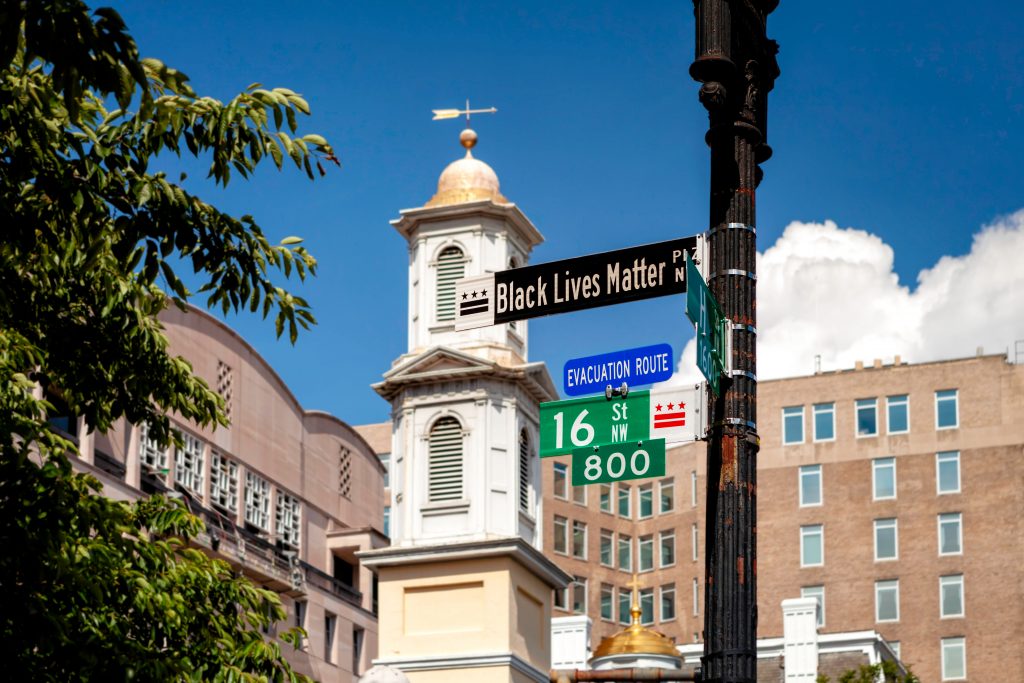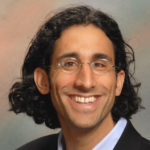Racial Justice Requires Religious Freedom

This guest post by Brian J. Grim, Ph.D., President of the Religious Freedom & Business Foundation, is gratefully reprinted, with permission (Original here). Brian is a leading expert on how faith and business build a better world.
Shock, outrage and calls justice over the heartless murder of George Floyd under the knee of a white police officer continue to grow across America and the world. Communities of faith are at the forefront of the growing movement to address racial prejudice. It is cutting across party lines, as was seen when Republican Senator Mitt Romney joined a march this weekend organized by Christian churches in the Washington area, carrying signs that based their call for racial equality in the Bible.

Photo: Washington, DC, USA – June 5 2020: Street sign at the newly designated Black Lives Matter Plaza, with the steeple of St. John’s Episcopal Church in the background
And as Reuters reports, it is cutting across faith lines too. Conservative and mainstream religious leaders are joining with Black churches, progressive Catholics and Protestants, Jewish synagogues and other faith groups in calling for police reforms and efforts to dismantle racism. (more…)

